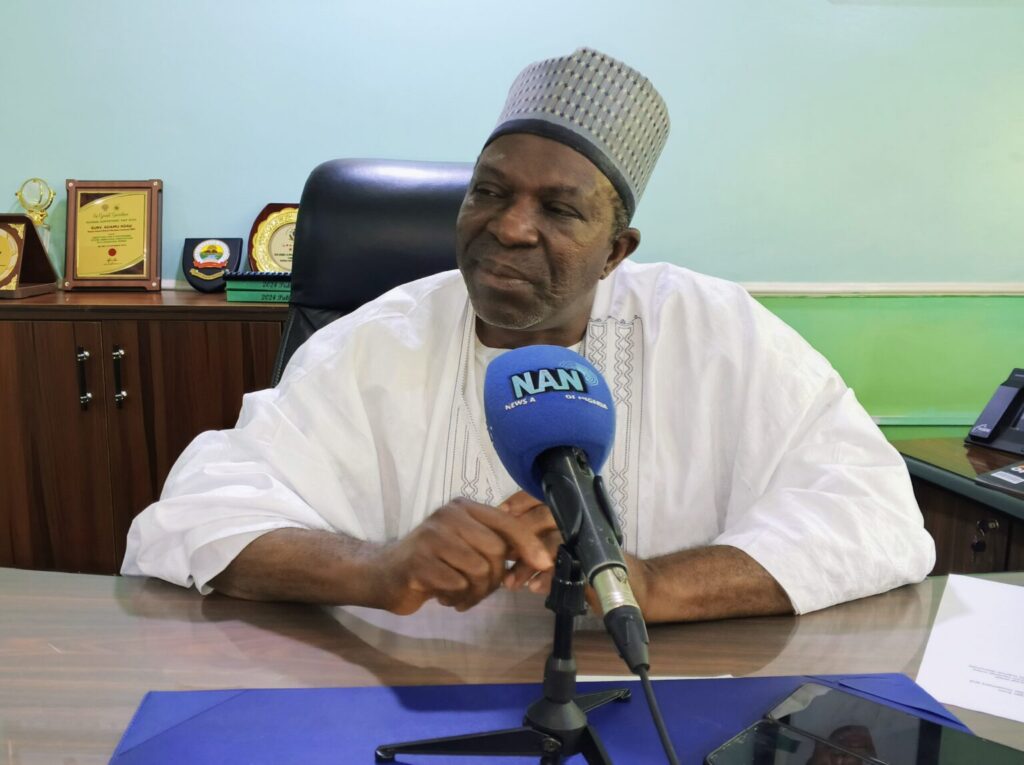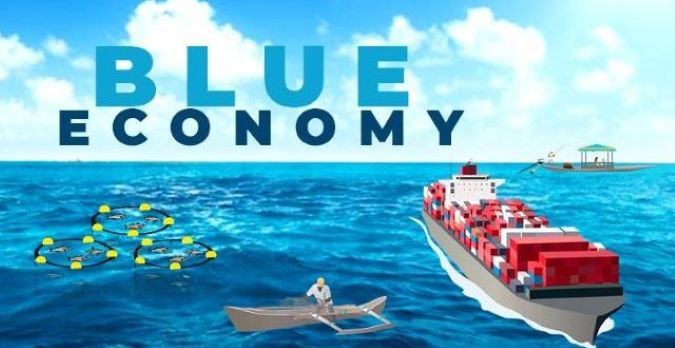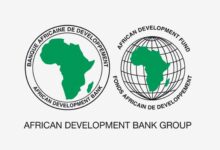Mapping Wealth Beneath the Waves: NBC Steps Up Delineation of Nigeria’s Maritime Boundaries to Unlock Blue Economy Potential

In a strategic move to assert sovereign rights, enhance regional cooperation, and fully tap into the wealth of Nigeria’s ocean economy, the National Boundary Commission (NBC) has intensified efforts to delineate Nigeria’s maritime boundaries with its coastal neighbours. This is in alignment with the federal government’s ambitious blueprint to harness the blue economy as a frontier for sustainable growth.
Speaking in Abuja as part of a scorecard assessment of President Bola Tinubu’s administration after two years in office, NBC Director-General, Mr. Adamu Adaji, disclosed that boundary definition talks have made appreciable headway with Equatorial Guinea, Cameroon, Benin Republic, and Ghana.

Maritime Boundaries as Gateways to National Prosperity
“This exercise is not just about marking coordinates on the map,” Adaji explained. “It is a fundamental step toward protecting national interests, reducing maritime conflict, and unlocking economic value from ocean resources—from hydrocarbons and fisheries to mineral deposits and deep-sea logistics.”
Nigeria’s coastline spans over 853 kilometers along the Gulf of Guinea, but much of its Exclusive Economic Zone (EEZ) and continental shelf claims remain under-optimized, largely due to unresolved demarcation disputes and underdeveloped maritime governance structures.
The NBC boss revealed that although maritime boundary talks with Ghana had previously hit a stalemate, “the process is back on track,” with bilateral meetings scheduled to resume in 2025. Similarly, about three nautical miles of boundary remain to be fully defined with Equatorial Guinea, for which plans are in place for renewed technical discussions.
Blue Economy: From Concept to Commodity
The delineation exercise is critical to Nigeria’s emerging Blue Economy Strategy, which envisions the ocean not only as a transit corridor but as a strategic resource base for energy, minerals, biodiversity, food security, and job creation.
Part of that strategy hinges on the United Nations’ approval of Nigeria’s extended continental shelf beyond 200 nautical miles—a diplomatic and scientific milestone that gives Nigeria sovereign rights over additional seabed resources.
According to Adaji, government plans are underway to develop a master framework for commercial exploration, especially in areas rich in hydrocarbons, polymetallic nodules, and other deep-sea minerals.
“Once we finalise the legal and territorial framework, Nigeria can begin to license exploration activities, attract foreign direct investment, and deploy modern technology to exploit these deepwater opportunities responsibly,” he stated.
Security Architecture for Nigeria’s Maritime Frontier
Beyond economic gains, the delineation initiative also addresses national security imperatives. Mr. Adaji confirmed that a joint maritime security committee has been constituted under the Ministry of Defence, with participation from Nigeria and neighbouring coastal states.
The goal is to implement coordinated sea patrols, intelligence sharing, and surveillance mechanisms to guard against piracy, illegal fishing, smuggling, and other threats to the maritime domain.
“The essence is regional collaboration for marine security governance, which is vital for a stable investment climate in Nigeria’s waters,” he said.
BRANDECONOMY Insight: A Geo-Economic Opportunity Hidden in Plain Sight
Nigeria’s move to aggressively delineate and secure its maritime boundaries signals a paradigm shift in ocean governance. For decades, Nigeria’s focus on oil exports and inland infrastructure has left vast opportunities offshore largely unexplored or unsecured.
Now, with growing global interest in sustainable ocean economies, strategic minerals, and maritime logistics, Nigeria’s maritime boundary demarcation effort is more than a technical or diplomatic task—it is a foundation for economic diversification.
If properly executed, it could turn Nigeria’s maritime domain into a geo-economic asset, offering long-term benefits in energy security, environmental resilience, and blue collar employment, while reducing transborder tensions and illegal exploitation of marine resources.
Bottom Line: A clearly drawn maritime map is not just about borders—it’s about building a future where Nigeria’s prosperity flows as much from beneath the sea as it does from beneath the soil.












